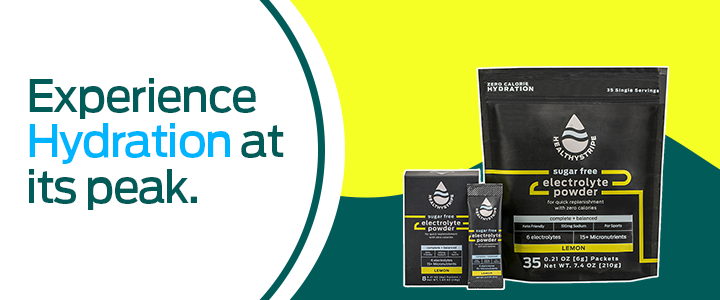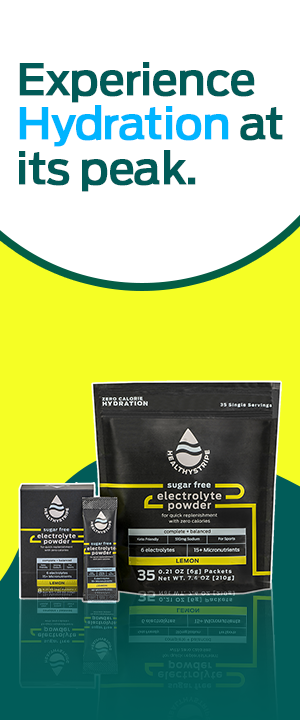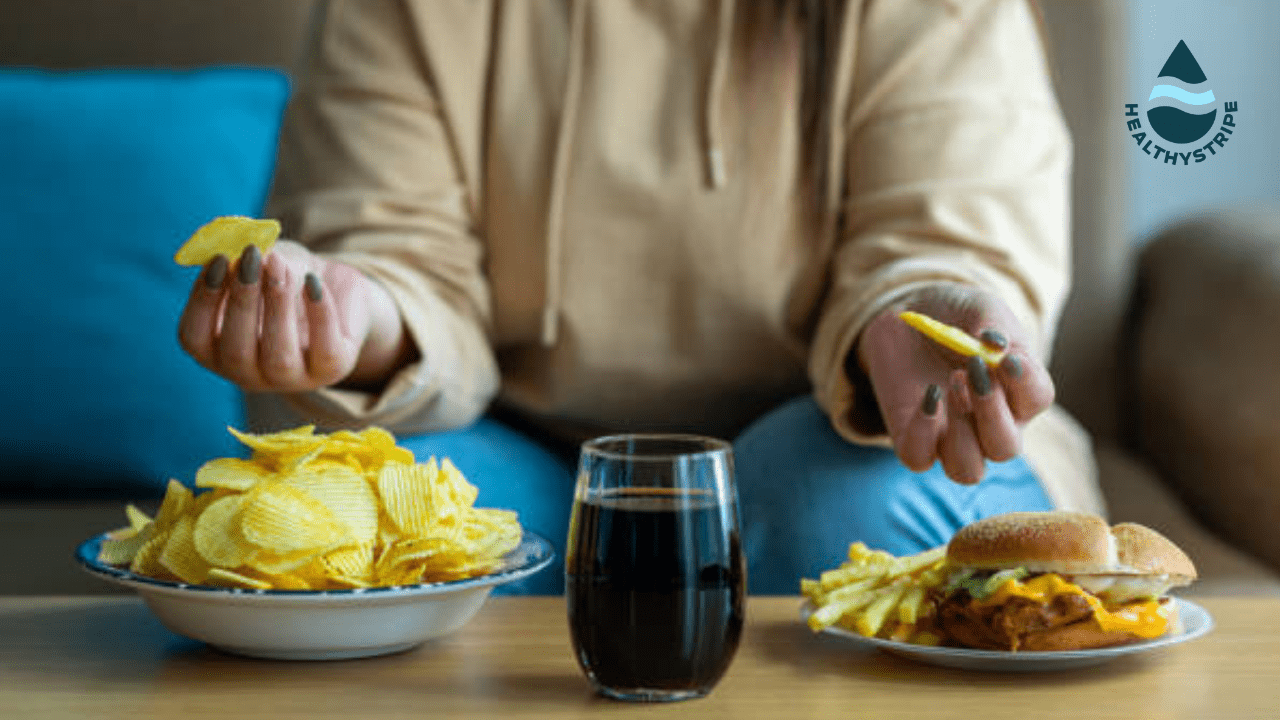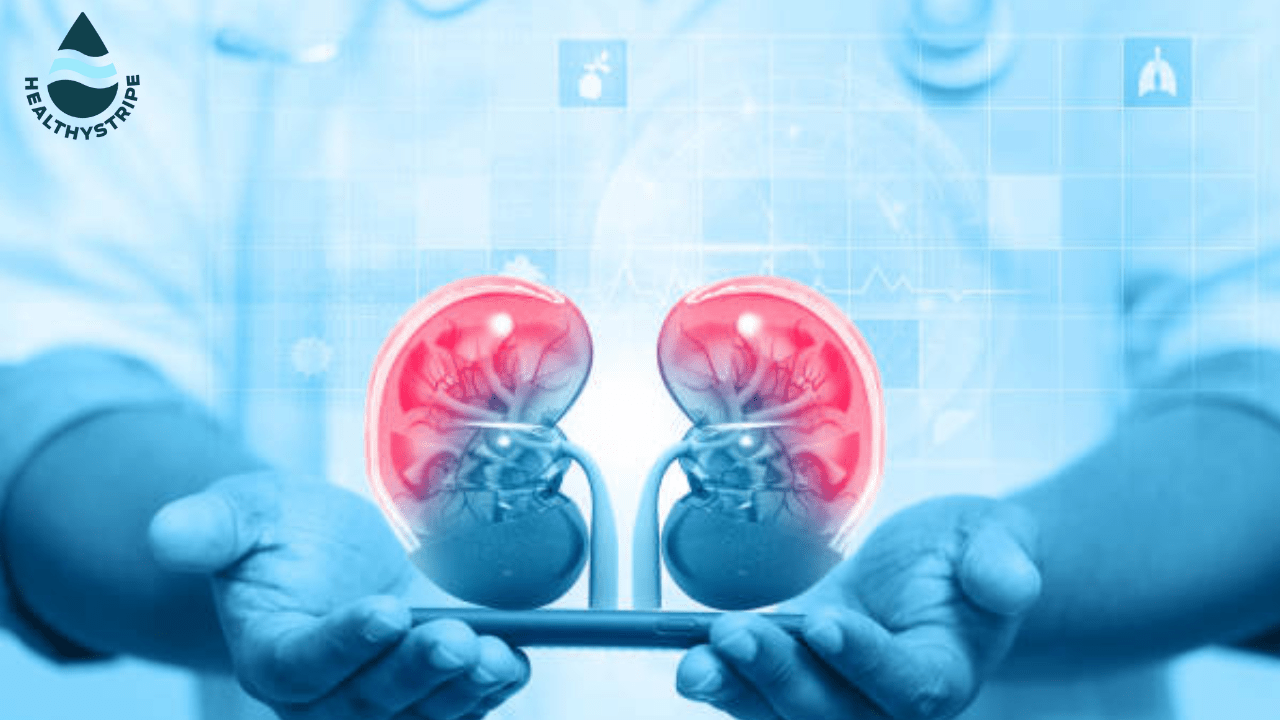What Can You Eat Or Drink While Intermittent Fasting
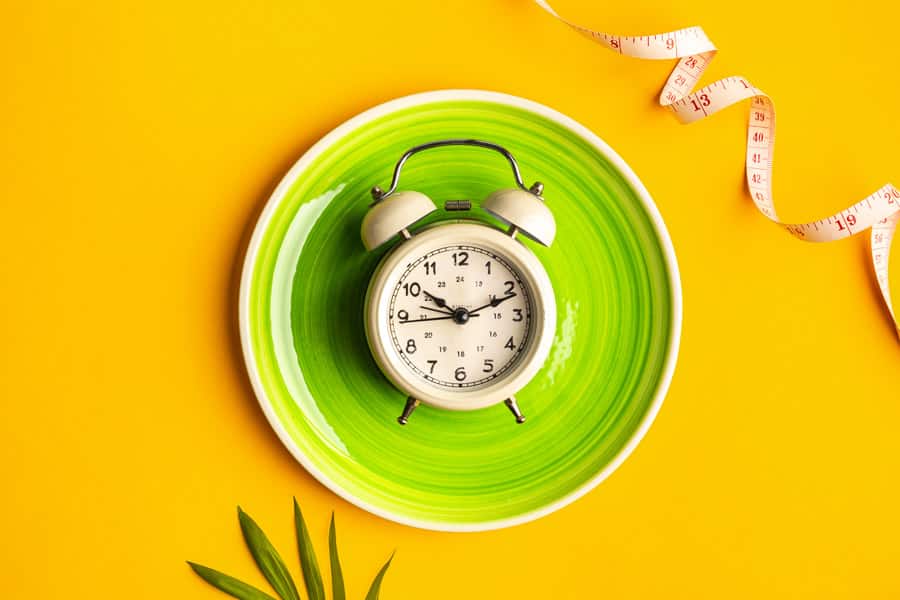
Intermittent fasting (IF) is a pattern of fasting in which you eat over a defined time period. It’s more about when you eat than how much you eat.
It is mainly followed within two parts-
- Feeding windows (Eating)
- Fasting windows (Not eating)
Technically, in intermittent fasting, there are restrictions on WHEN you can eat but definitely not much compromise on WHAT you can eat. Intermittent fasting is not defined by certain foods, but it is always recommended to have low carbs during times of eating.
It is best known for weight loss management and controlling blood sugar levels, according to research.
Now, when we say intermittent fasting is not about WHAT you eat, we do not mean for you to binge down on a large-size pizza and soft drinks the next instant. The good part is you are not starving ( what fasting is usually perceived for) but you must know what you can eat or drink while intermittent fasting.
There are entirely different guidelines for what you can eat and drink while you are on intermittent fasting and most of it depends upon your 2-part fasting process ( fasting windows or feeding windows). So, let’s check out what best foods you can eat or drink
Best drinks for during intermittent fasting
- Water
“ Water is something which I would sip on all the time even if I am not on intermittent fasting. What’s so new about that?”
Yeah, we got it. But also, you are fasting so probably you would think to omit water as the first thing in your diet. Here’s the strike.
You CAN and you SHOULD stay well hydrated when you are fasting. Water is central to the health of basically every major organ in your body. You’d be foolish to avoid this as part of your fast. If you are sceptical of breaking your fast by drinking water and inducing an enzymatic effect, you can get hold of plain water or sparkling water. To add flavour or taste, you can infuse it with slices of lemon, berries, cucumber, or a cold tea infusion.
The amount of water each person should drink varies based on sex, height, weight, activity level, and climate. But if you cut down on your optimum water intake, you are likely to suffer from major dehydration symptoms and may also risk hampering other body functions.
- Tea
Here’s some good news for tea-lovers! Fasting calls for a binge sipping on your favourite tea (not in excess though).
Feeling colder than usual is common during IF. Tea provides great comfort and is a warm feel to your body while you are fasting. You can consume from myriads of different teas (helps in headaches too) which might prove beneficial in terms of your health even when you are fasting. Some of the popular ones are:
- Herbal Tea
- Black Tea
- Oolong Tea
- Green Tea
- White Tea, without anything, added.
Note: Please ensure that you do not have tannins in your tea or even if there are, the quantity must be quite liberal.
Tannins can cause nausea if you drink the tea on an empty stomach. Do not forget to check the ingredient list and the nutrition label before buying your desired tea.
- Coffee
The envious coffee lovers can now bring back the smiles on their faces! Yes, coffee can be consumed while you are fasting. Coffee is an effective appetite suppressant and can be easily used as a meal replacement in breakfast or lunch making it suitable for fasting.
According to researchers, coffee consumption can increase ketone production and regulate blood glucose, which enhances metabolic health.
However, before you catch hold of your warm coffee mug, make sure you are not sensitive to caffeine. Also, overdosing on caffeine might be detrimental to your health.
If you consume coffee on an empty stomach, there are high chances to experience acid reflux, upset stomach, anxiety, sleeplessness, etc. Excess of it can even raise your blood glucose levels. So, if you are a hard-core coffee person, prefer decaf options rather than drinking purely caffeinated or too sugary coffee.
- Broth
Broth or Bone broth, also called stock, is a liquid made from boiling animal bones and connective tissue. Chefs use stock as a base for soups, sauces, and gravies.
While you are on IF, bone broth can turn out to be a very rich source of major minerals and help replenish lost electrolytes. It is also a great source of collagen, which will restore and repair the gut lining.
The major nutrient present in a broth is protein which can, unfortunately, cause an insulin spike. But, the calorie content being low, ( which keeps you in ketosis anyway), it can be consumed as a part of an IF diet.
Read More: How to Deal with Fasting Headaches?
Best foods to consume while on intermittent fasting
- Cruciferous vegetables
Foods like broccoli, brussels sprouts, and cauliflower are all cruciferous vegetables that are enriched with fibre as their major nutrient and are pivotal diet food to prevent cancer risk.
When you’re eating during certain intervals, it’s crucial to eat fibre-rich foods that will keep you regular and help your bowel system run smoothly.
Also, fibre helps to promote satiety which means you might feel full earlier than usual, so it’s again a good thing for you while you are on intermittent fasting where most of your time kills by without eating anything.
Know More: What is a Monk Fast & How You Can Do it
- Legumes
Beans and legumes are known to be beneficial incorporations in your IF diet. These are low-calorie options that also keep your carb load to a threshold level while you fast.
Foods like chickpeas, black beans, peas, and lentils have been shown to decrease body weight, even without calorie restriction.
So, your purpose of an IF rounds up to a worthy point- weight loss without even keeping yourself hungry!
- Eggs
When you are on intermittent fasting and obviously, eating less, proteins help you out by building up muscle and keeping you full.
An egg is one of the richest sources of protein. One large egg provides around 6.24 grams of protein and cooks up in minutes.
So, if you are in a fasting dilemma, crack up some eggs!
- Whole grains
Dieting and carbs- opposite ends of the same universe. But as they say, opposites attract (not always though!). While fasting, you can have your share of low-carb food. Whole grains provide lots of fibre and protein, so eating a little goes a long way toward keeping you full. You can try out ample choices of whole-grain cereals out there including bulgur, amaranth ( pseudocereal), millet, sorghum, etc.
Take-away
So many diets fail because they’re complicated or too difficult to follow. Well, intermittent fasting breaks the trail here. With simple basic guidelines discussed above and getting a proper insight into what you can eat or drink during your intermittent fasting, following your fasting schedule won’t be rocket science. Anymore!




